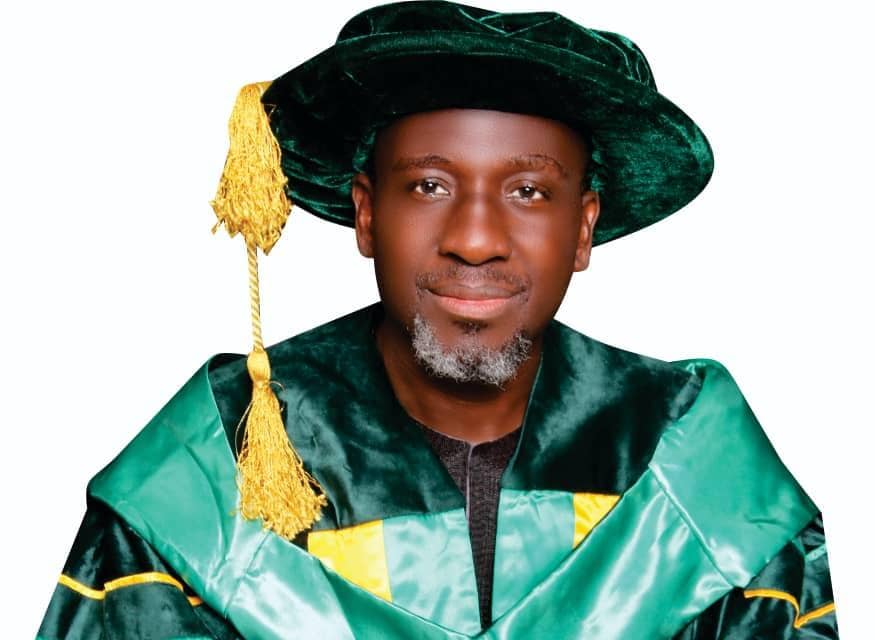A University Don and the IBBUL Director, Institute for Continuing Education and e-Learning (ICEeL), Minna, Professor Mohammed Ibrahim Baji has advocated for better teachers welfare, restoration of Grade II Colleges and establishment of more Colleges of Education to ensure production of more qualify and competent teachers in Niger state and the country.
Prof Baji gave the recommendations in his key note address presented at the 2nd National Conference organized by School of Education, Niger State College of Education, Minna with the theme: Transforming Teacher Education for Inclusive Education in Nigeria: Strategies for Production, Relevance and Retention.
He stated that with the production of more qualify and competent teachers, and transformation of Niger State College of Education to University of Education career prospects and progression of teacher education will be achieved in the state
According to him, transforming teacher education in Nigeria is a critical step towards achieving educational excellence and national development.
Professor Ibrahim Baji maintained that borrowing inspiration from global models, where massive investment in infrastructure, curriculum reforms, and effective policy implementation have achieved greater heights, Nigeria can create and build a better dynamic and sustainable teacher education system.
He commended the Niger State Government for the establishment of Niger State Teacher Professional Development Institute (NSTPDI).
According to the Don, the institute is capable of restoring the lost glory of teacher education in Nigeria through pre-service training, in-service training, and teachers certification and licensing.
The Don further said that teacher education is considered as a key parameter in national growth and development. This is because teacher education is not just about learning how to teach, it is about building a strong, capable, and reliable workforce that can move a country forward.
Professor Baji identified some of the challenges facing teacher education to includes; poor funding, corruption, poor and inconsistent policy implementation, outdated curriculum, negative public perception towards education, Infrastructural deficit, poor working conditions and motivation, poor handling of teaching practice, brain drain syndrome and ineffective quality control, among others.
He maintained that if the major challenges confronting teacher education in the country are eliminated to the barest minimum, teacher education will surely strive again with more qualified, competent and committed professional teachers in Niger state and Nigeria.

